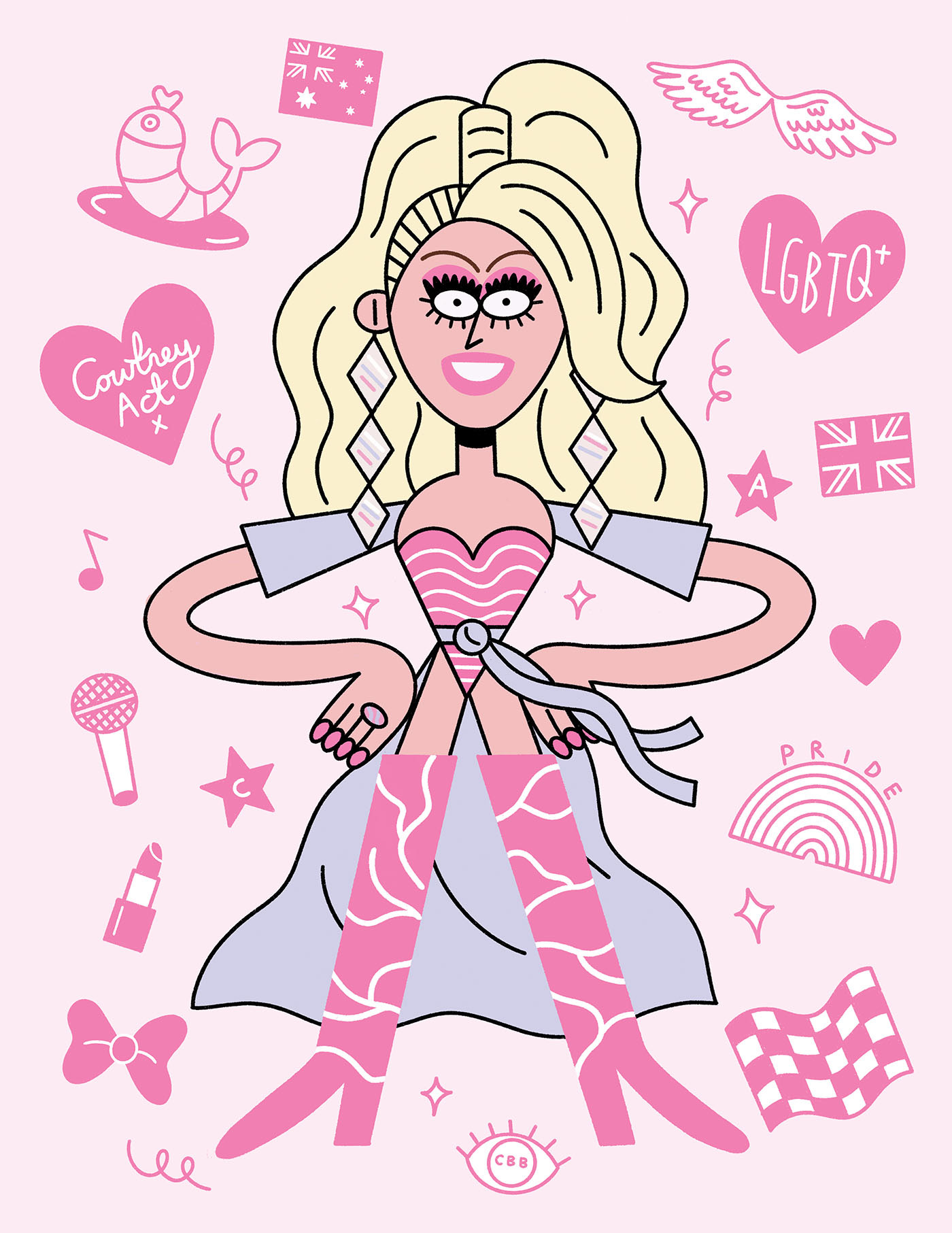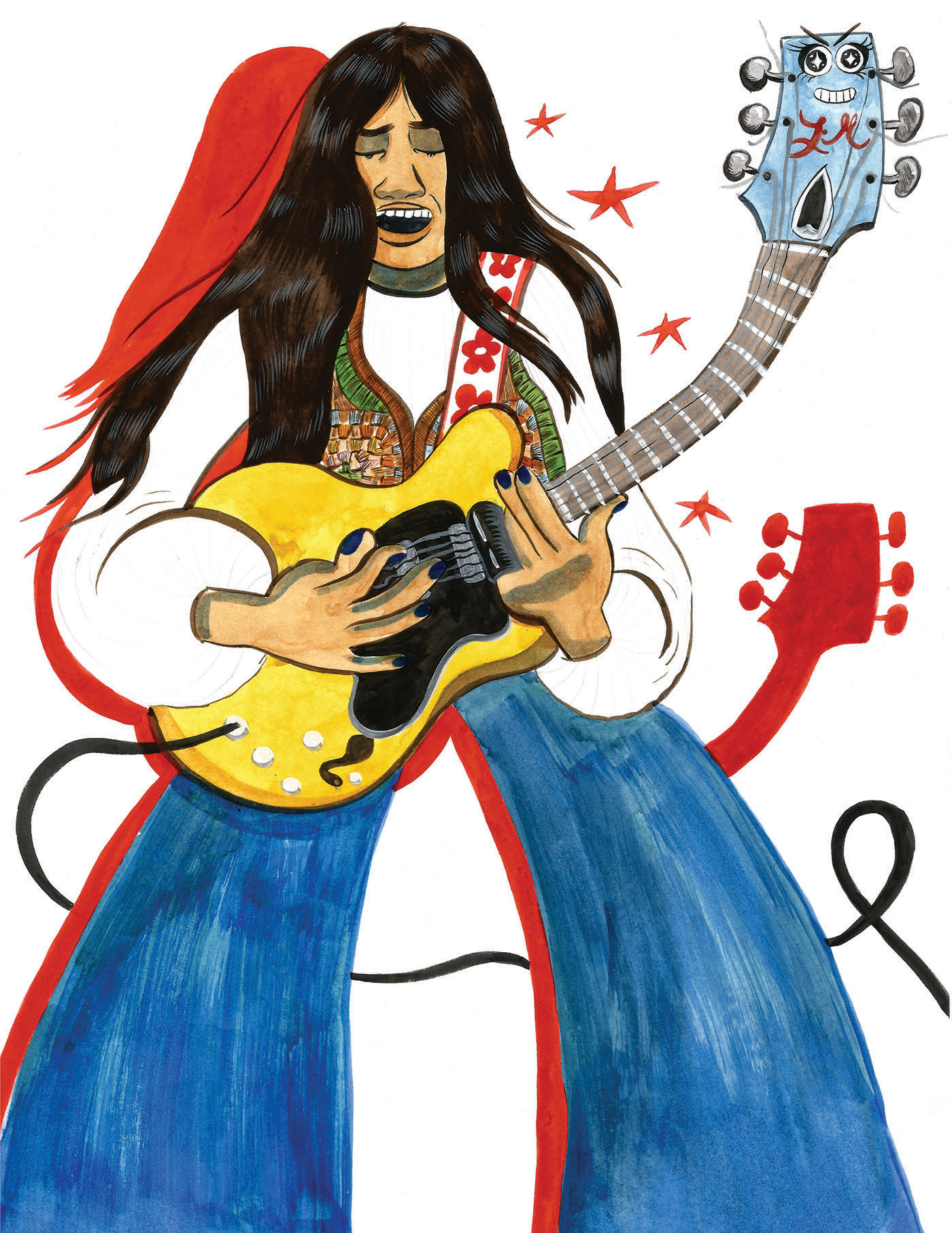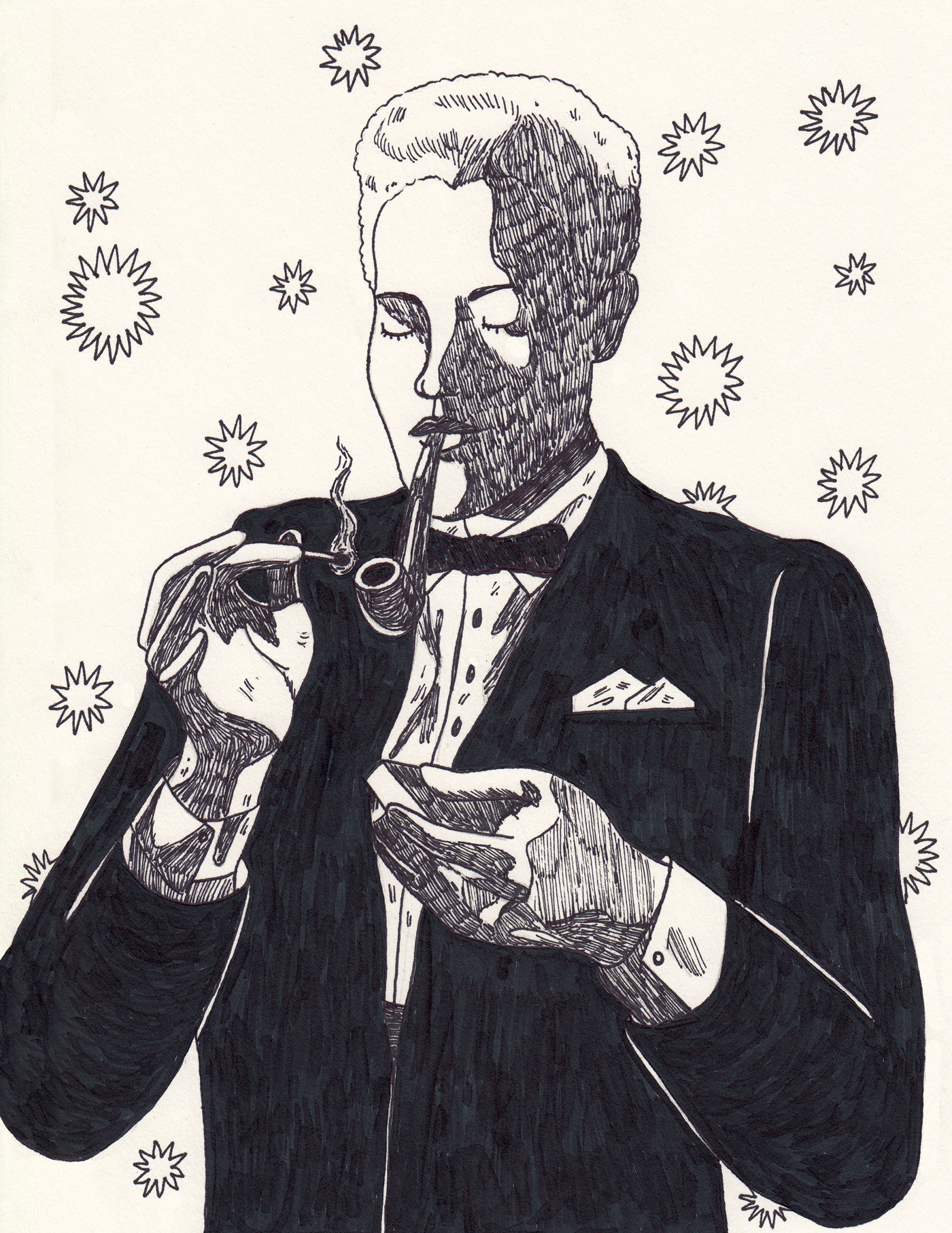
Janelle Monae
Artwork By:
Maia Boakye
Words By:
Katie Baskerville
Scroll Down


About

Janelle Monáe is the space-suit wearing Pansexual musician taking the concept album to complex heights. Her albums, or “emotional pictures”, are often performed as her alter-ego Cindi Mayweather, an android born from 1927’s Metropolis who sports a pompadour and dresses in exquisite tailoring as part of her gender-neutral exploration. This sense of style has helped cement her as an artist above all else.
The heart-shaped face of Janelle Monáe is surrounded by an opaque mystique. Her sexuality had been the subject of much debate until she addressed the rumours in 2018. Confirming her position as a “queer black woman” for Rolling Stone, she explained that she had first come to identify as bisexual, realising later that she identified more with pansexuality – defined as the attraction to people regardless of their sex or gender identity. Her comment on this awakening was: “...I’m open to learning more about who I am...”.
Monáe is the master of landscaping dystopian narratives that wind and meander around subjects of femininity, empowerment, sexuality and soul. Highly charged and intriguing though her caricatures may be, her music has been anything but. Her song ‘Hell You Talmbout’ protests police brutality against black people, and she has gone on to secure her position as an out-and-out spokesperson for the independence of women artists at the 2018 Grammys.
The catalyst for Monáe’s journey into the limelight started at Home Depot, where she was fired for using company equipment to promote her music. After being let go, she wrote and released the song ‘Lettin’ Go’, which quickly gained attention from big industry players.
What we can learn from Monáe is this: letting go of something that doesn’t serve your happiness can lead to tremendous success. Since then, Monáe has gone on to become a musical sensation, receiving six Grammy nominations as well as starring in the Oscar-nominated ‘Hidden Figures’ and Best Picture winner ‘Moonlight’.







